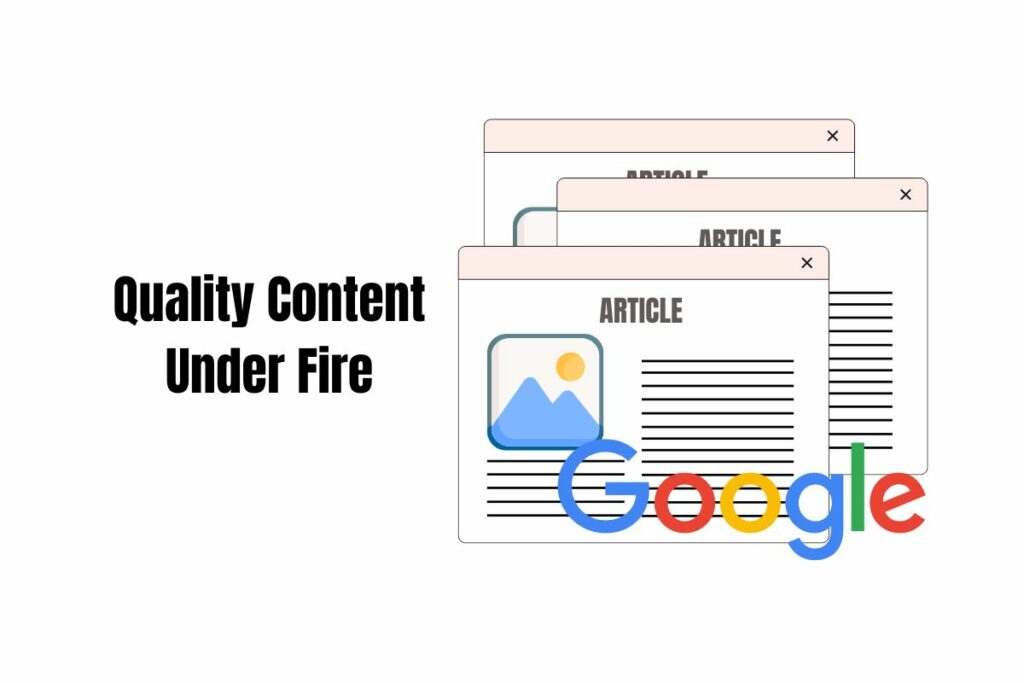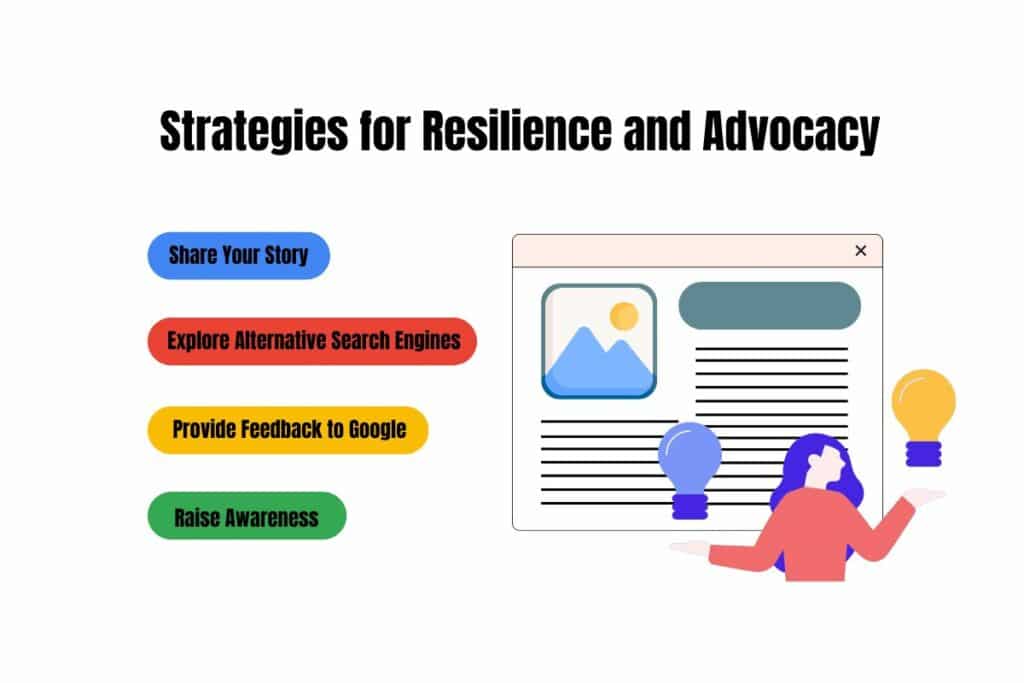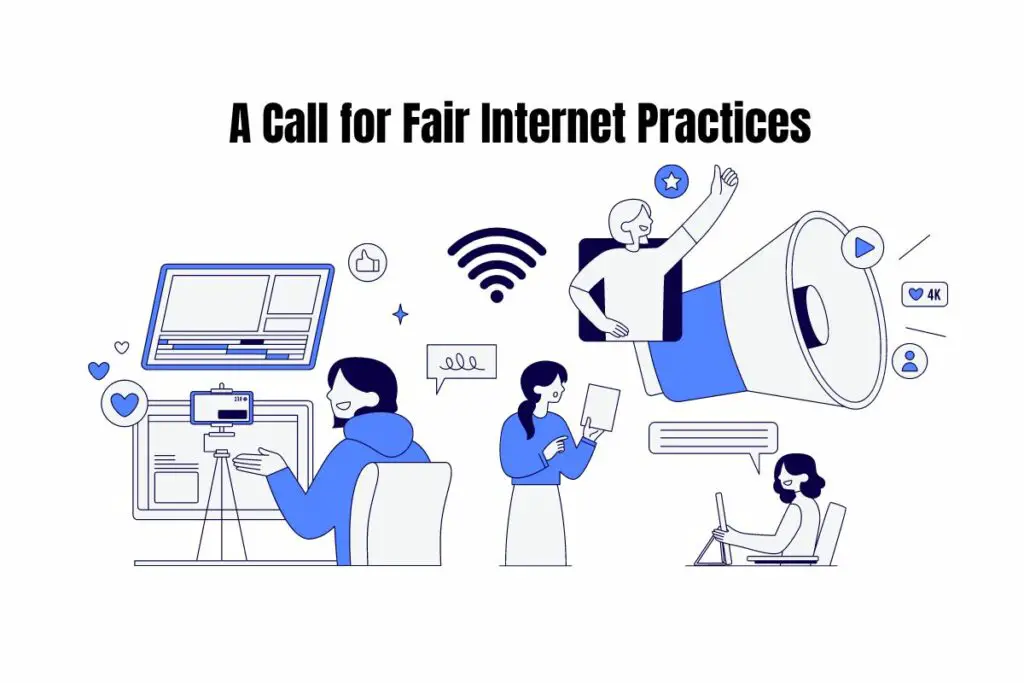In the ever-evolving digital landscape, Google’s influence on search engine optimization (SEO) cannot be overstated. However, recent updates targeting spammy and low-quality sites have inadvertently caused significant disruptions for many small businesses, content creators, bloggers, and entrepreneurs who rely on high-quality content. As their traffic drops by up to 90%, and in some cases, entire sites vanish from search engine results pages (SERPs), it’s clear that the impact is more than just numerical; it affects livelihoods.
The Fallout: Quality Content Under Fire

In theory, Google’s intent to cleanse the web of low-value content is commendable. Yet, the execution has left much to be desired.
High-quality sites are being swept away in the digital purge, resulting in substantial revenue losses for small businesses and independent creators. This collateral damage discourages the production of valuable content and fosters an environment of uncertainty and frustration.
The lack of transparency in these updates compounds the issue. When site owners don’t understand why they’re being penalized, they can’t adapt or rectify their strategies effectively. This opaque approach not only stifles innovation but also undermines the trust between Google and the vast online community it serves.
See Related: The Ultimate Guide to Earning a Google Knowledge Panel for Your Brand
Strategies for Resilience and Advocacy

In this challenging environment, it’s crucial for affected parties to band together and amplify their voices. Here are some actionable steps:
- Share Your Story: Platforms like Reddit, Twitter, and other forums are excellent venues for sharing personal experiences and highlighting the real-world impact of these SEO changes. Engaging in these discussions can help raise awareness and foster a sense of community among those affected.
- Explore Alternative Search Engines: Diversifying the platforms you rely on can mitigate the impact of Google’s updates. Search engines like Bing and DuckDuckGo are viable alternatives that may offer more stability and fairness.
- Provide Feedback to Google: Use Google’s feedback tools to communicate your concerns and suggestions. Constructive feedback can push for improvements and greater transparency in future updates.
- Raise Awareness: Educate others about the issue, encouraging a collective demand for fairer practices. This can lead to a broader movement advocating for changes that support small businesses and creators.
See Related: What Does Google Mean by Helpful Content? An SEO Guide
The Bigger Picture: A Call for Fair Internet Practices

The overarching goal is to advocate for an internet ecosystem where small businesses and content creators can thrive without fear of unpredictable penalization. Transparency and fairness should be at the heart of any SEO update. By joining forces and voicing our concerns, we can push for a more equitable digital space that values quality content and supports those who create it.
In conclusion, while Google’s efforts to maintain the quality of search results are essential, the approach needs refinement to avoid harming those who contribute positively to the web. It’s time for a balanced approach that considers the broader implications on livelihoods and encourages a fairer, more transparent internet.
Related Resources

